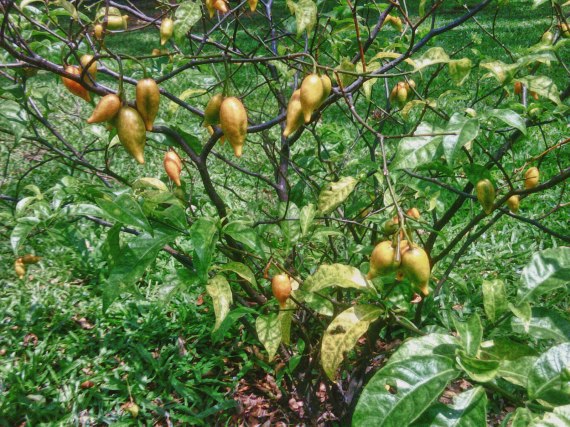If you live in South Florida or can get there for the number of times that are required by the researchers. There is a Suboxone Treatment starting now in June 2013. You receive the treatment by participating in the studies (and you get paid $500 instead of you paying for the treatment).The study is sponsor by a different pharmaceutical company, not Reckitt Benckiser Pharmaceuticals.
The researcher Segal Institute conduct approximately 300 multi-centered, so there maybe one research center near you that maybe doing the study. The pharmaceutical sponsor for this study is using a different variation of the initial formula. This formula ought to make the Buprenorphine Naloxone more effective and to last longer in the nervous system. To make an appointment in South Florida please call Segal Institute at 1 877 734 2588. When they answer the telephone and you tell them that you want to participate in the new Buprenorphine study, please also tell them that Franco referred you to the study and provided with this initial information. At the end of the number of weeks the studies, (I believe it is 40 but I will double check this number) having participated in the study will approve you for a longer participation. I believe that the sponsor is willing to provide participants with one year of Buprenorphine treatment.
Soon they are also preparing to do a study on medications for cocaine dependence. Perhaps this is the first medication for this ailment.
There are a number of other paid studies now available most of them in Mental Health and Substance Use treatment. When the list becomes available, the list will be made available here. And always tell the researcher that Franco referred you to the study. Let Franco know that you contacted the Segal Institute for Medical Trials. http://www.segaltrials.com there are also studies for Bipolar Disorder; Constipations due to use of Opiate Medication (such as methadone); If you are accepted into one of their studies, I will give you a tip if you informed them of my referring you to them. Please email contact Franco so that arrangements can be made. Franco33139ca@hotmail.com
(to be continuo)
